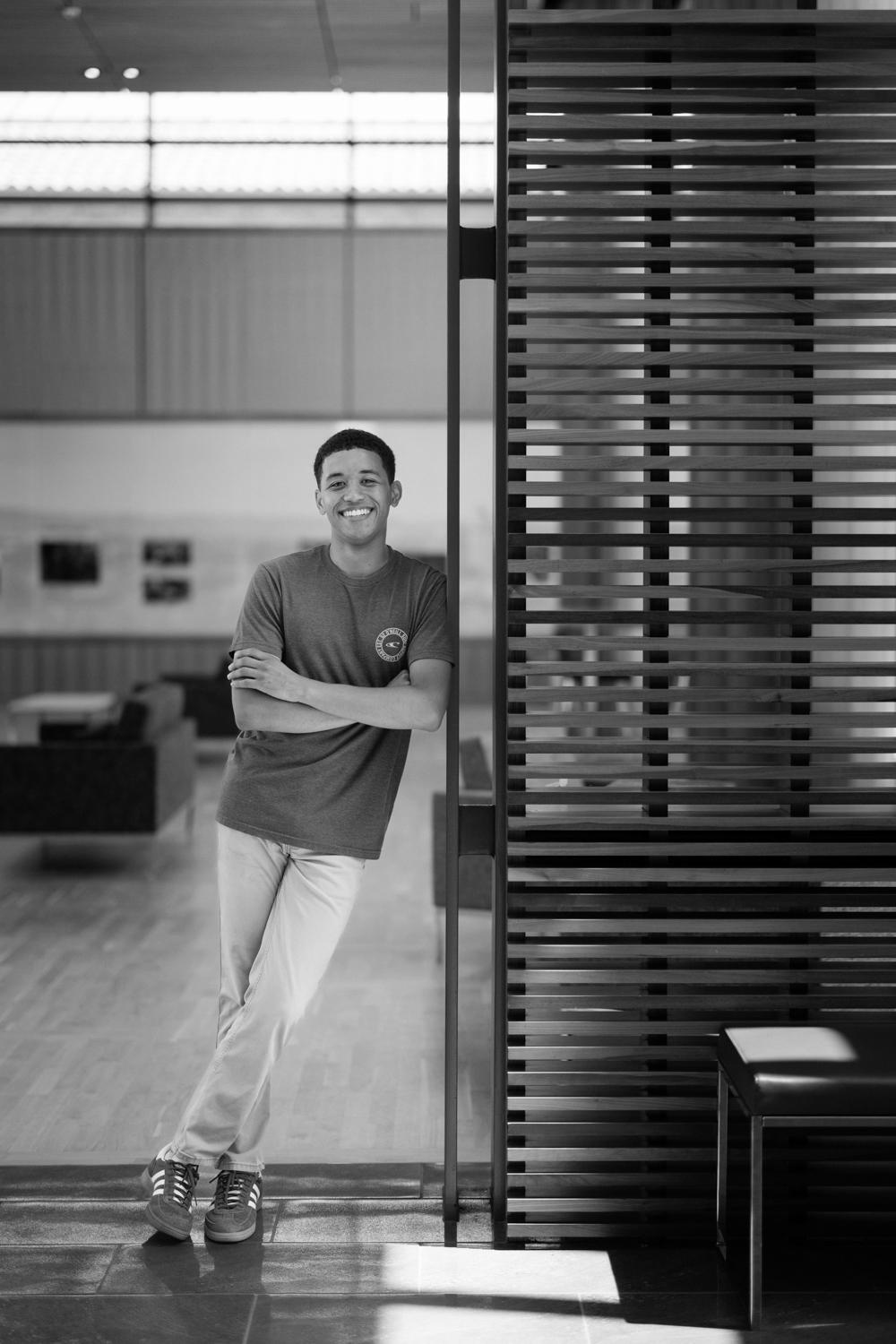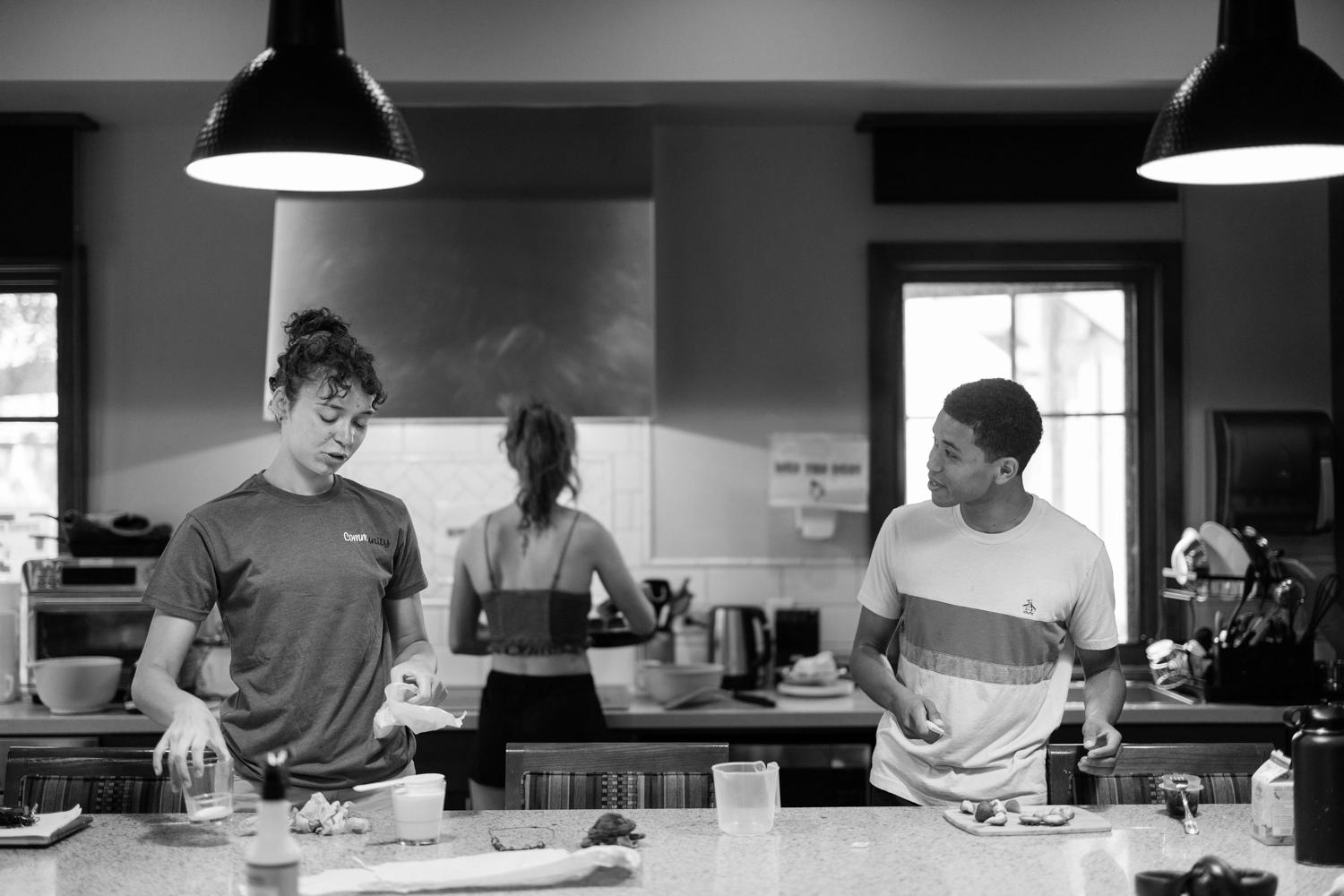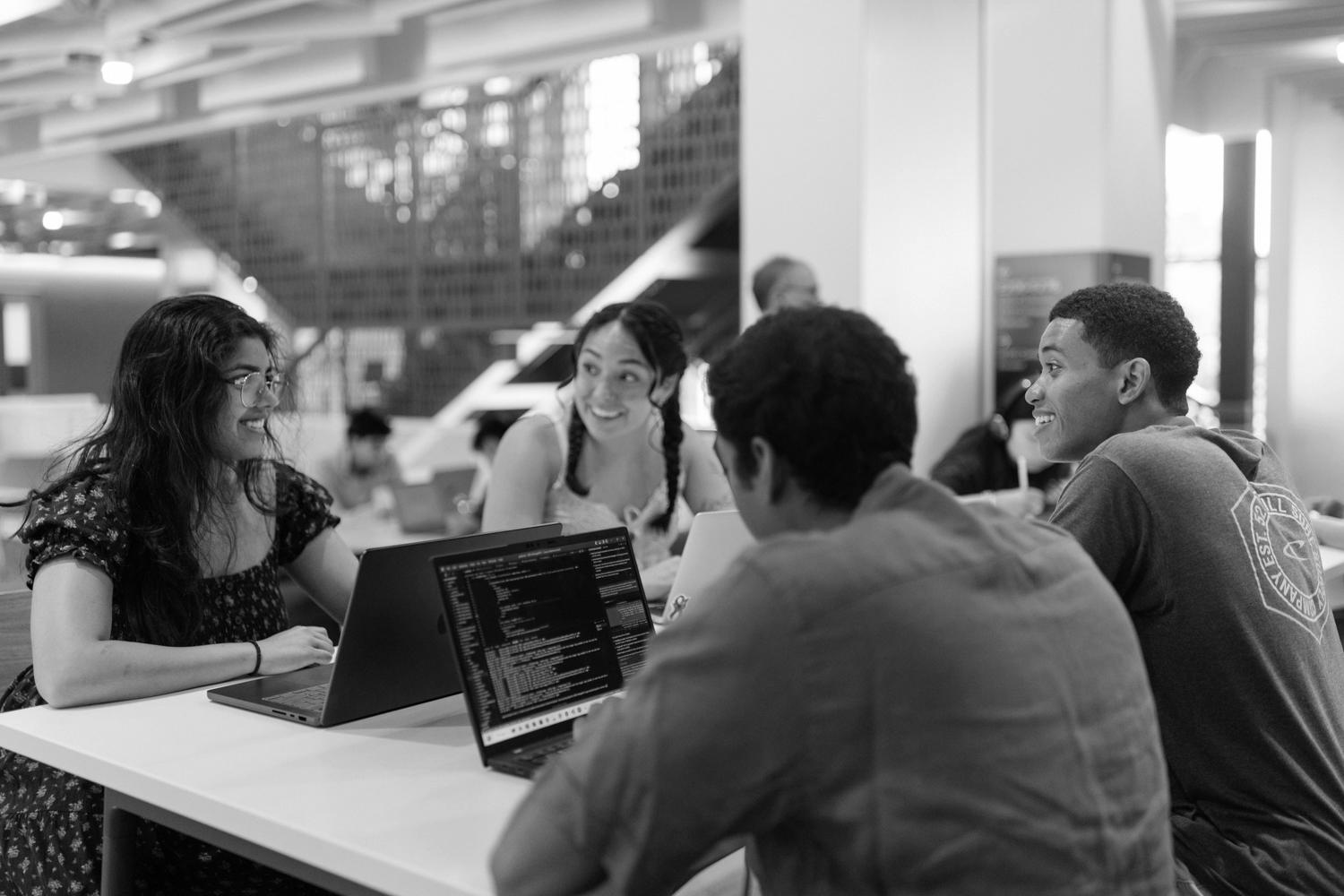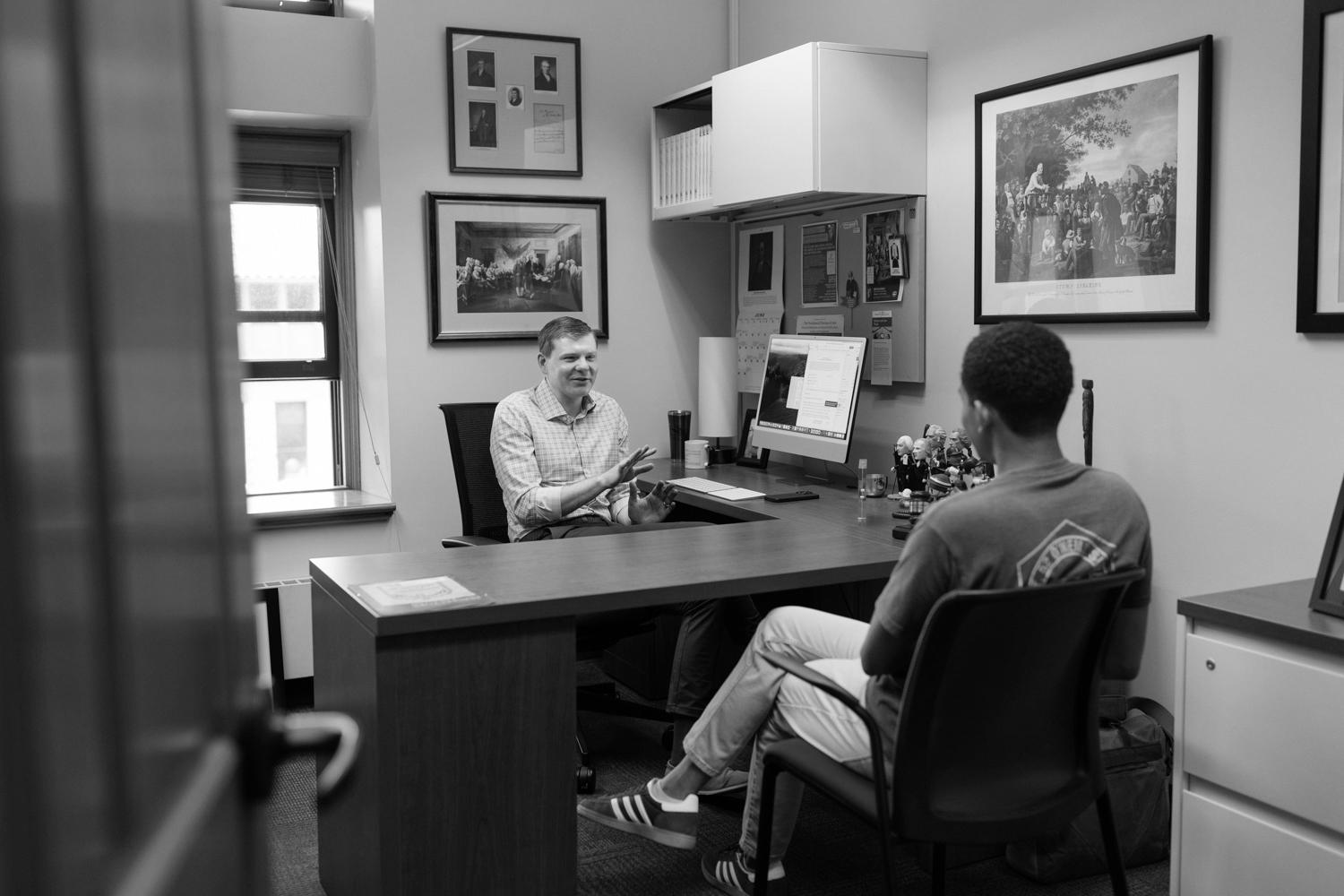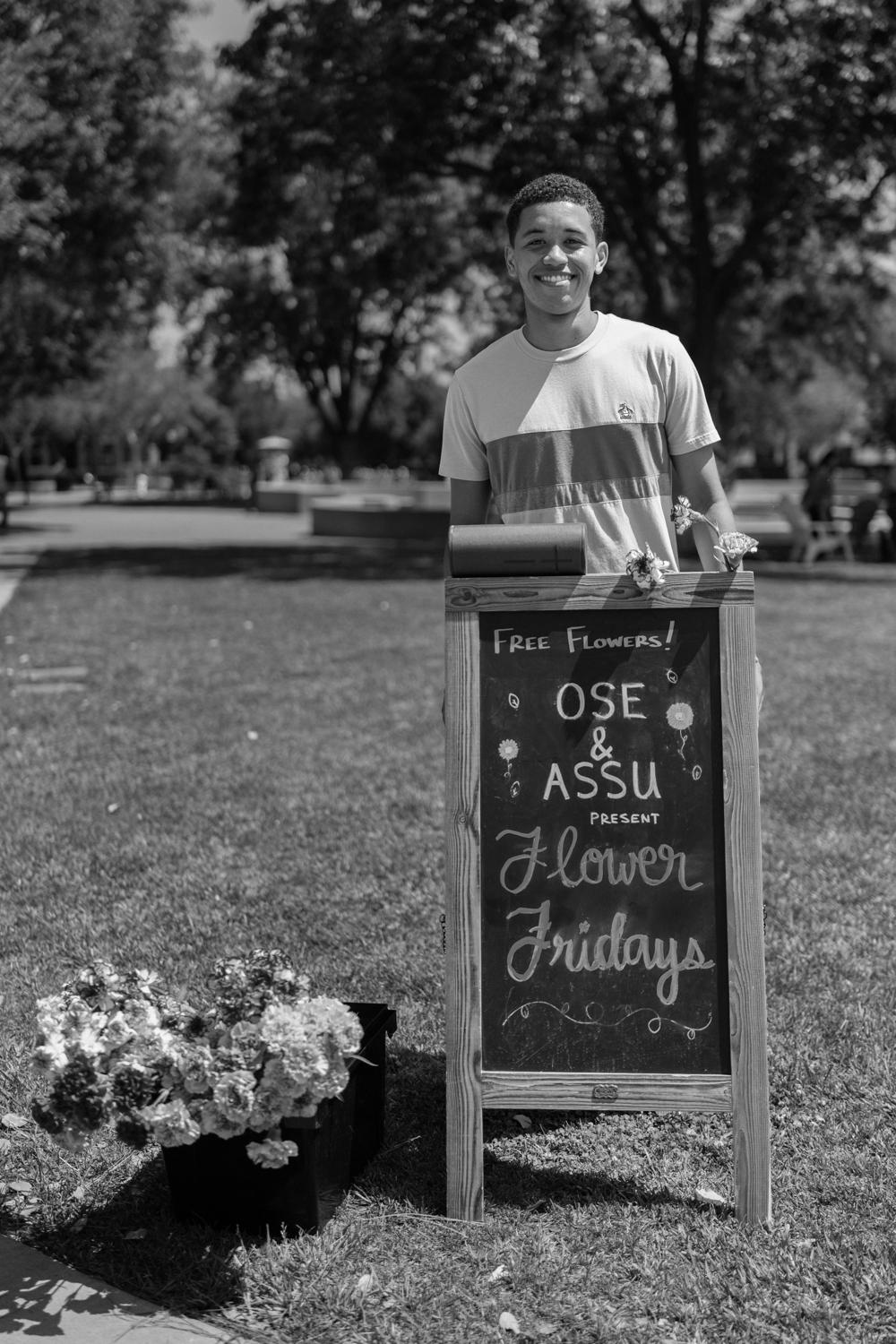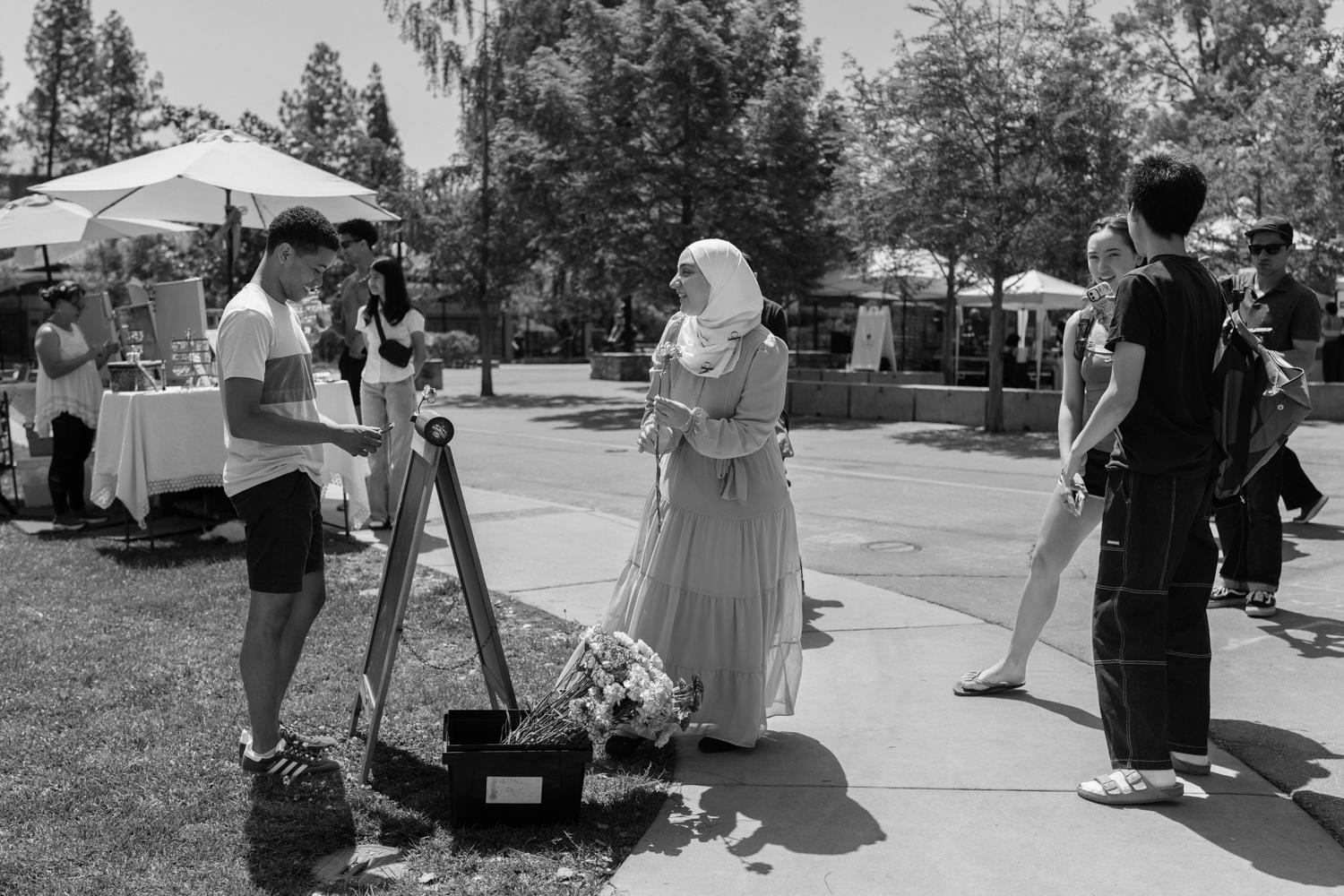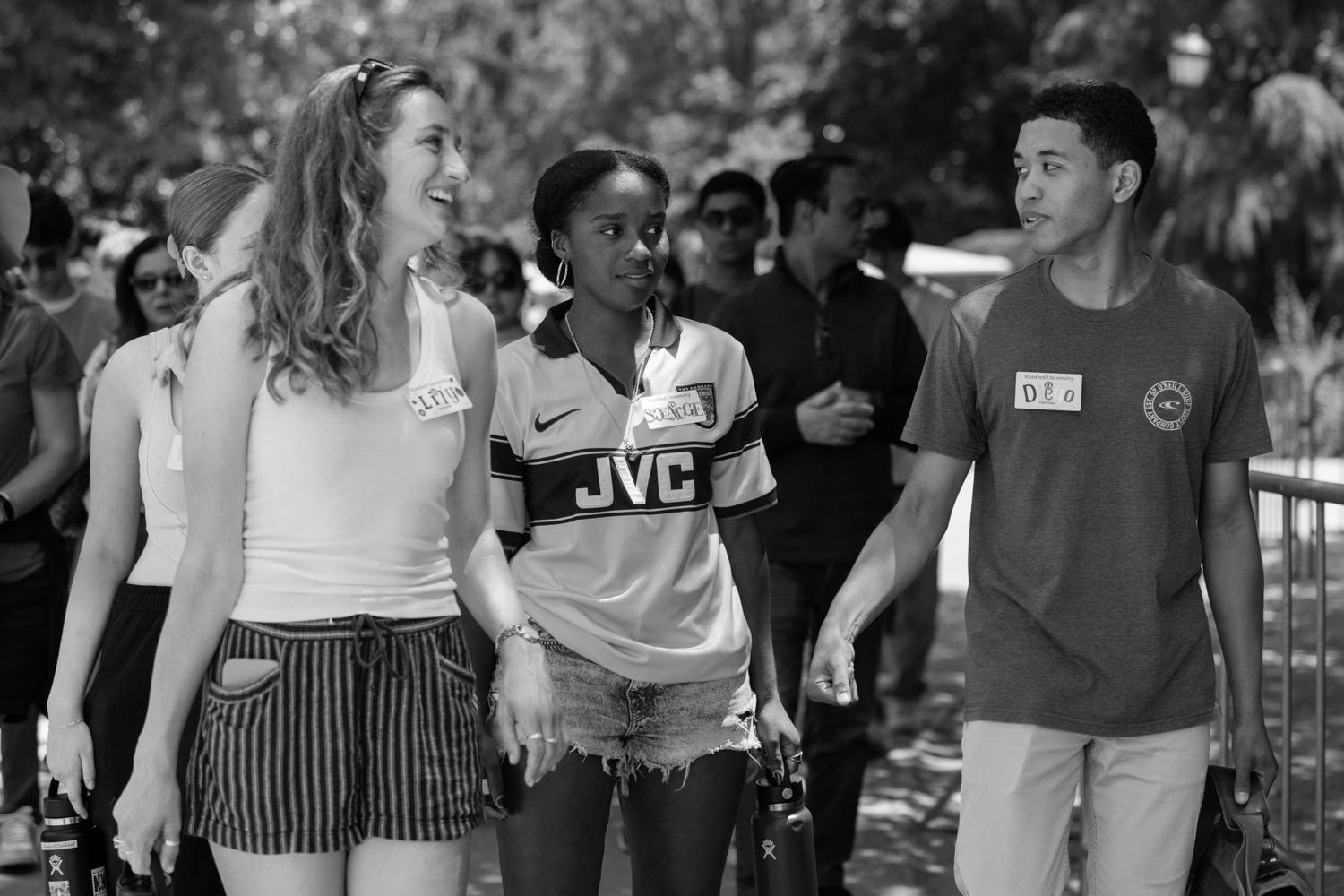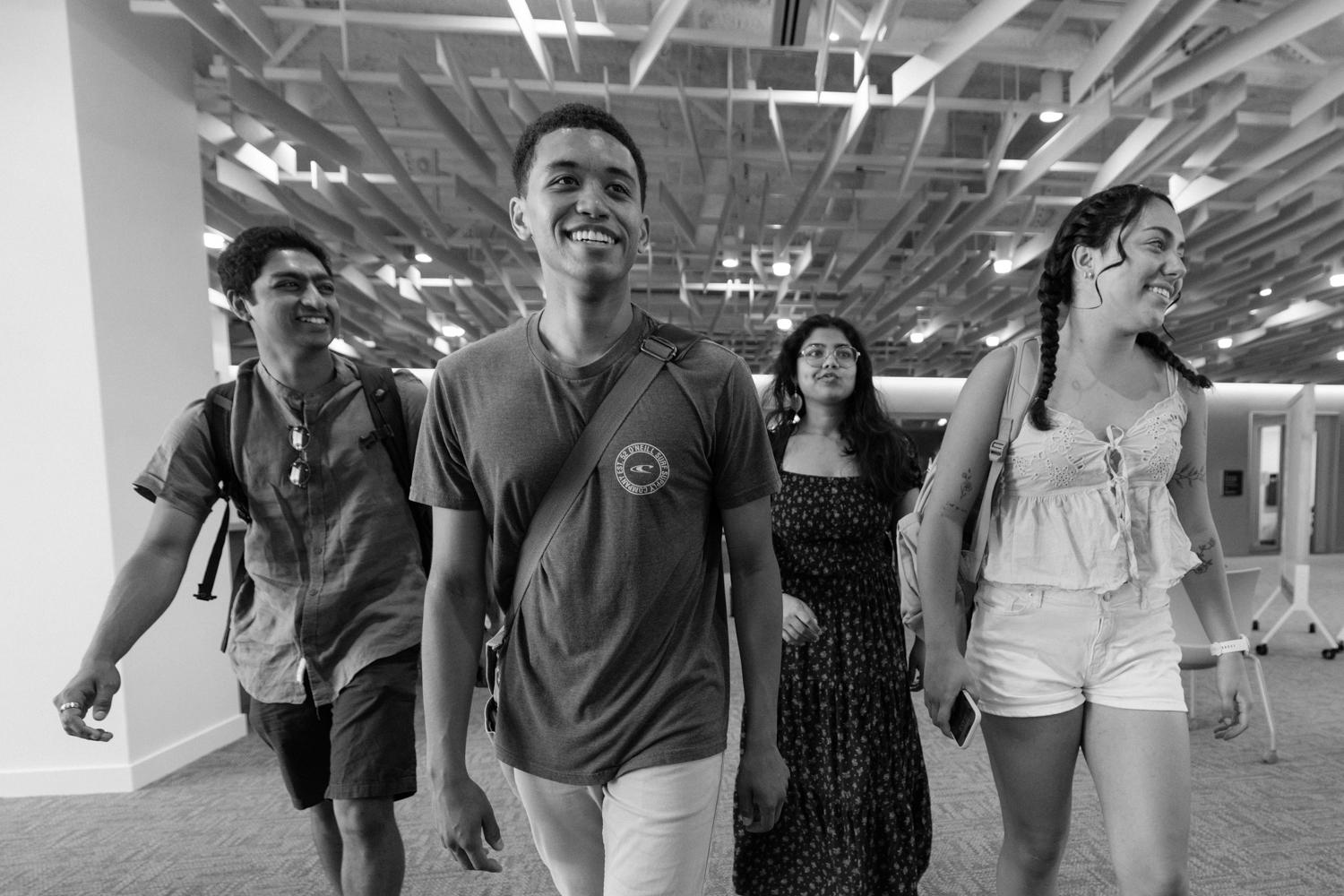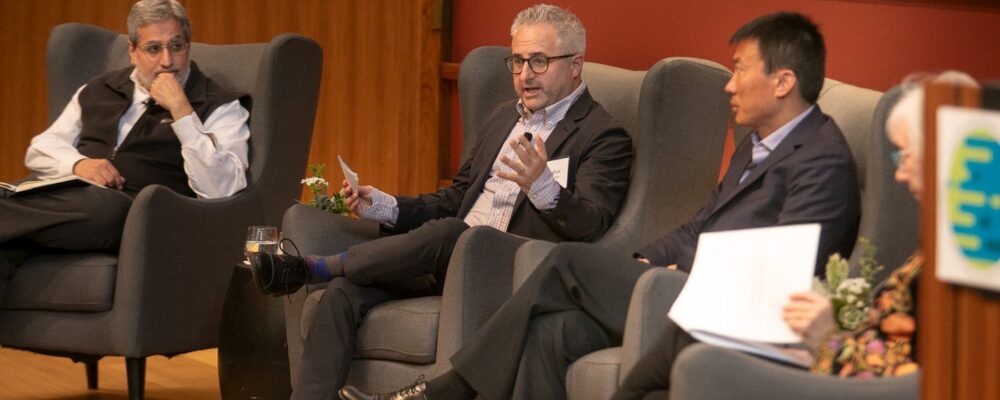Diego Kagurabadza grew up in Long Beach, California, a large coastal city near Los Angeles. It’s known as “The International City” because of its global imports and diverse population.
“I was really lucky to be exposed to a variety of cultures and backgrounds,” said Kagurabadza. “That’s definitely informed my development, growth, and how I approach the world.”
Kagurabadza – whose father is from Zimbabwe and mother is from Mexico – loved the people he grew up with in “The LBC,” crediting them for his interest in public service. “I always wanted to find ways to give back to my communities, and to pass on the wonderful experiences that I’ve had to the people coming up behind me.”
Kagurabadza’s four years at Stanford have been marked by service – in student government, in the residences, and elsewhere. He graduates Sunday with bachelor’s degrees in American studies and political science with plans to attend law school.
Close
Practicing service
Growing up, Kagurabadza had broad interests in everything from literature to math. He graduated from Long Beach Polytechnic, a large public high school that’s well known in the area.
“It’s where Snoop Dogg went to high school!” he said. “Being exposed to people of so many different backgrounds opened my worldview. It gave me a lot of really fun experiences that I otherwise wouldn’t have had.”
A history teacher, for example, would dress up as historical figures, making lessons tangible and memorable. “I remember how exciting he made the class feel. It inspired my love of history – particularly political and legal history – which I brought with me to Stanford.”
The experience helped prepare him for the rigors of Stanford, where he discovered the American Studies Program, an interdisciplinary major that examines the United States through the lens of history, social sciences, literature, arts, and culture. “I was super excited to discover the program because it felt like the perfect intersection of my academic interests,” he said.
Kagurabadza considered other colleges, but “Stanford really stood out because it seemed there were no limits to what you could do here. It felt uniquely open to possibilities,” he said. “As someone with lots of different academic interests, that really excited me.”
Kagurabadza’s first brush with college government was Frosh Council. With his fellow representatives, Kagurabadza helped improve the first-year student experience, including organizing events like Frosh Formal. For his sophomore year, he was elected a senator of the Associated Students of Stanford University, or ASSU. He then became senate chair his junior year, and president his senior year.
I used to think I needed to be the perfect student or fit a particular mold of what others expected a Stanford student to be. I’ve since realized that there is no perfect Stanford student because everyone here is so unique and impactful in their own way.”
With the ASSU, Kagurabadza advocated for affordability, reducing course fees and procuring new books for the First-Gen/Low-Income Library. He worked with the university’s administration and the Department of Athletics, Physical Education, and Recreation (DAPER) to eliminate fees for elective physical education courses, which many students deem important to their Stanford experience. The university now covers those fees so students don’t have to pay to enroll. Kagurabadza also helped manage a large fund to improve student initiatives and traditions, including signature Row Programming events, FLiCKS, and the annual Halloween party at the Rains graduate residences.
He described student government as both a difficult and rewarding professional experience that taught him how to think strategically. “It takes patience, timing, and a perfect alignment of conditions to actualize an idea,” he said. “It taught me how and when to act on my convictions.”
Kagurabadza also served as a resident assistant in the Lagunita Courtyard, an events intern in the Office of Student Engagement, and developed the Flower Fridays initiative, handing out free flowers to passersby in White Plaza.
“Standing on the corner of White Plaza every week to help uplift students was such a fun thing that really defined my Stanford experience,” he said.
Close
Pursuing authenticity
For the past year, Kagurabadza has also served as a campus tour guide, giving prospective students a fun and nuanced introduction to Stanford. He said he loves the job because it blends his interests in history and trivia. It’s also an experience he never had as a prospective student because of COVID-19 restrictions. “The fact that I didn’t get that tour experience has made being a guide that much more meaningful,” he said.
He recently applied to law school and plans to start his career as a public defender. While he’s learned much over the last four years, one revelation stood out. “I used to think I needed to be the perfect student or to fit a particular mold of what others expected a Stanford student to be,” he said. “I’ve since realized that there is no perfect Stanford student because everyone here is so unique and impactful in their own way.”
When asked what advice he’d give to his 18-year-old self or to the prospective students he guides on tours, he said: “be authentic.”
“Don’t waste time figuring out what others expect of you,” he said. “Instead, figure out what it is that you expect or want of yourself and have that come out in everything you do.”
Writer
Alex Kekauoha
Photographer
Andrew Brodhead
Videographer
Harry Gregory
Related topics
Share this story
“Stanford University, officially Leland Stanford Junior University, is a private research university in Stanford, California. The campus occupies 8,180 acres, among the largest in the United States, and enrols over 17,000 students.”
Please visit the firm link to site


